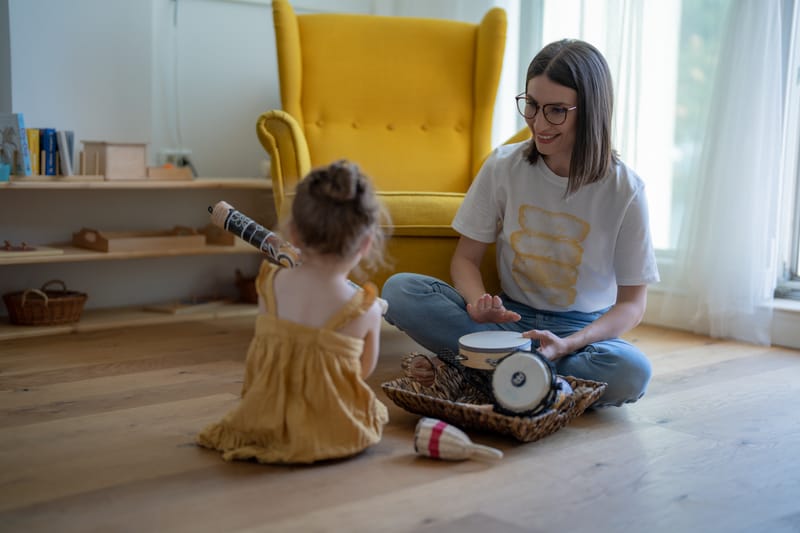ASD assessment methods

Direct Assessment
For this, we use the Autism Diagnostic Observation Schedule (ADOS) which is a semi structured, observational assessment with the child / client. This is either play or conversation based, depending on the age of the client and their speech and language abilities. This assessment provides the opportunity to consider strengths and challenges in social communication, interaction and play, which are important when making a diagnosis. The ADOS is not a “stand alone” diagnostic measure, but is part of the “gold standard” assessment as set out in the NICE (National Institute for Health and Care Excellence) Guidelines for the assessment of ASD.

Developmental Assessment
For the parent/ carer assessment, the team use the Autism Diagnostic Interview Revised (ADI-R). This a semi structured interview which focuses on behaviour in three main areas: quality of reciprocal social interaction; communication and language; and restricted, repetitive, stereotyped interests and behaviours. The ADI-R is appropriate for children and adults from the age of 18 months.

Questionnaires, Information from School/Other Sources.
Supplementary information is completed on a case by case basis, and might include the Connors ADHD scales, behavioural checklists or a consideration of anxiety/ low mood. Whilst is not always possible to observe in a school setting, discussion with school and / or information from school is considered.